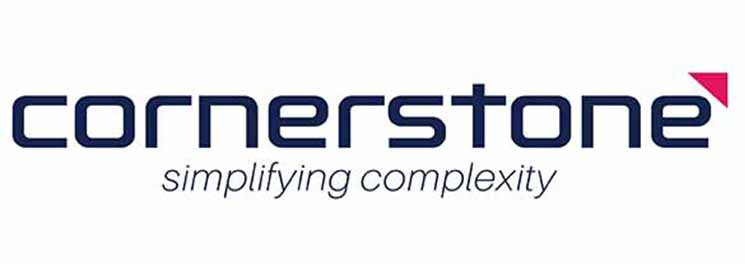
Integrated business planning: The ultimate collaboration tool for digital CFOs
Many CFOs are looking to align and collaborate better with operational areas of the business – and in particular, the Supply Chain department. Integrated business planning can help to facilitate increased collaboration.
In the era of the digital CFO – where Finance leaders are increasingly expected to function as strategic advisors, agents of change and digital “data masters” – there is arguably no tool more important to the strategic planning process than a robust integrated business planning (IBP) process.
The benefits of a well-functioning IBP process are notable, and according to McKinsey include:
Many organisations have already implemented some form of integrated planning. However, many of these are struggling to realise the full benefits of truly integrated value planning – usually for reasons related to the “big three” pillars of people, process and technology.
And then there are those organisations that are yet to adopt IBP at all. Thankfully, action can be taken to either improve an existing IBP process; or introduce a new one.
First, we’ll take a look at some of the basics of IBP – what it is, the benefits and importantly – what it is not.
The basics: What is IBP?
As mentioned above, many organisations have already embraced integrated planning in some form. It’s a well-known strategic framework that integrates strategic, operational and financial planning, analysis and reporting, based on a single set of figures. Importantly, financial plans are connected to other functions, including Supply Chain, Operations, Marketing and Sales.
As a methodology, IBP is very compelling, offering a range of benefits. The most significant of these for the Finance department is predictability of business performance. IBP increases proactivity and reduces reactivity, resulting in significantly fewer “surprises”. Early visibility of mid-term performance gaps provides enough ‘runway’ to build and execute initiatives to close these mid-term performance gaps.
In practice, IBP is a monthly process, with five basic steps:
- Product Review
- Demand Review
- Supply Review
- Finance Review
- Executive Review.
What IBP is not
First and foremost, IBP is not a technology or tool in itself – it is the process and methodology outlined above. In many cases, a new tool can enhance the IBP process. In other cases, businesses can function just as effectively with the tools they already have.
Critically, the success of your IBP process will rely on the quality and interconnectedness of your organisation’s data, rather than the tools themselves (although we won’t lie, the right tools can really help).
Secondly, IBP isn’t a direct substitute for aligned, collaborative leadership. While it’s a fantastic collaboration tool – particularly in terms of Finance and Supply Chain coming together – the success of this methodology relies on everybody, from the CEO down, buying into the process. Effective leadership and change management will, as always, be critical.
To put it very bluntly – if your respective department heads aren’t attending your monthly meetings, your IBP process can (and likely will) fail.
How IBP can link Finance and Supply Chain
Meanwhile, many CFOs would like to align and collaborate better with operational areas of the business, and in particular, with Supply Chain departments. And yet, many organisations are still struggling to bridge the gap between the two departments. The impact on financial forecasting and operational performance can be significant.
An IBP methodology underpinned by seamless collaboration between the Finance and Supply Chain departments can bring about numerous benefits, including:
Where to start with IBP (or improve your existing processes)
Since IBP is both a process and a methodology, the tool you use isn’t the starting point. Instead, IBP can be implemented before you start looking at the technology you have to enable it. In fact, it can be the lead-in for developing the business cases needed for digital transformation across your organisation.
The same rule applies if you would like to improve an existing IBP process. The “father” of S&OP methodology, Tom Wallace, strongly recommended you “Just Get Started”. The same applies to IBP. It does not have to be perfect. As a monthly planning cycle, there is scope to get better each cycle, learning from your previous mistakes and building your capabilities incrementally.
Rather, the place to start is with an exploration of your current state-of-play, which would include a review of the people, processes and systems involved in your monthly planning cycle. A third-party review will help guarantee independence, as well as overlay current best practices.
In most cases, there are benefits in standing up the IBP process first and embedding it with change management services. It may be the case that the IBP methodology uncovers opportunities to introduce new tools, which can be addressed with separate time-boxed improvement projects. As always, eating the elephant one bite at a time will make everybody’s lives easier.
Find out more about IBP
CFOs who embrace IBP systems and methodologies will create numerous benefits and opportunities for the organisation, with better alignment between Finance and Operations just the beginning. For a deeper dive, check out our IBP eBook below.
We are enablers of change and transformation in Supply Chain, Information Management, Financial Planning & Analytics, Management Consulting, Project Management, and Managed Application Services. Contact us to find out more about how we work with your teams or call 1300 841 048.





